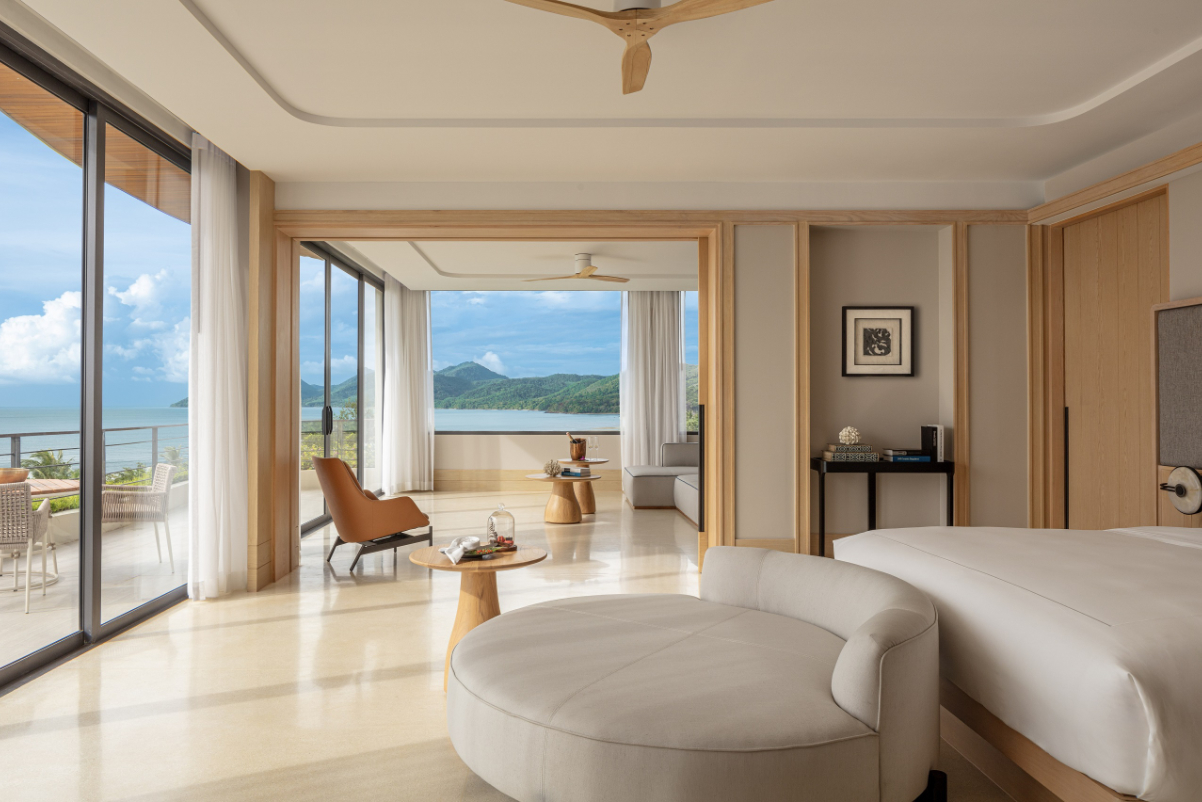Skift Take
Minor Hotels has an aggressive growth strategy to expand by 2025. Details about the company's strategy reveal a lot about bigger-picture trends in the hotel sector.

Early Check-In
Editor’s Note: Skift Senior Hospitality Editor Sean O’Neill brings readers exclusive reporting and insights into hotel deals and development, and how those trends are making an impact across the travel industry.
Minor Hotels, a Thai-based operator of luxury hotels, made a global splash in 2018 when it took majority control of NH Hotels, a Madrid-based chain of upscale hotels, in a deal valued at about $2.6 billion (€2.5 billion).
Since the pandemic, the combined group has grown — repositioning many brands and adding new ones.
To learn about Minor Hotels' strategy, Skift spoke with Ian Di Tullio, global chief commercial officer.
Minor Hotels is profitable. The group is part of a conglomerate, Minor International Public Company Limited, and it generates a majority of its parent company's revenue. About 30% of the parent company is owned by founder William Heinecke and his family. Minor runs about 540 hotels and resorts. In the third quarter, Minor Hotels reported 8% year-over-year growth in net profit growth to about $40 million (1.7 billion Thai baht). It didn't disclose hotel revenue. It plans to create or acquire soft brands. Minor Hotels and NH have eight hotel brands: Anantara, Avani, Tivoli, Oaks, Elewana Collection, NH, Nhow, and NH Collection. Most of these are "hard" brands, meaning they all conform to brand standards with uniform design and amenities. To grow faster, Minor wants to add "soft" brands, which let a property use the company's marketing and back-end technology but otherwise retain its design and amenities. The soft brand model makes it easier for developers to